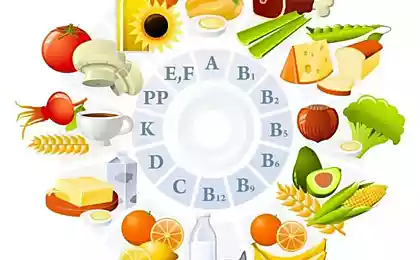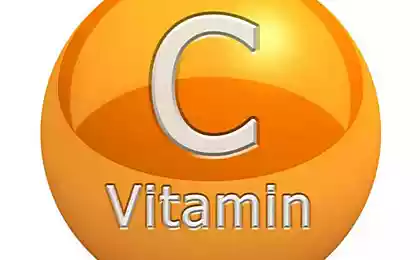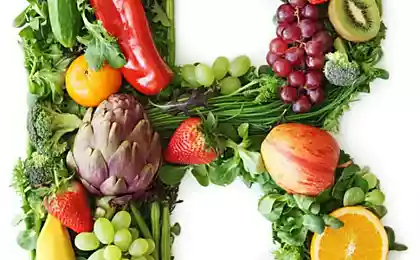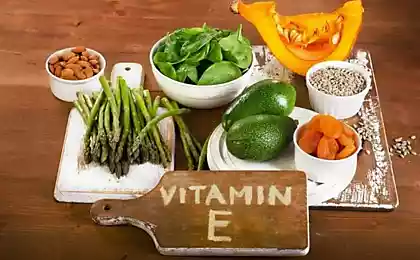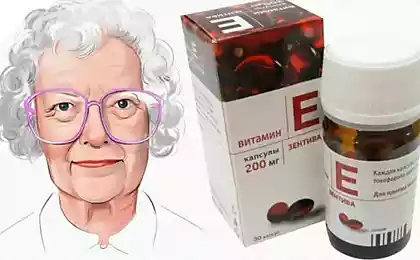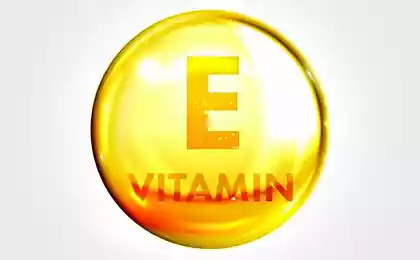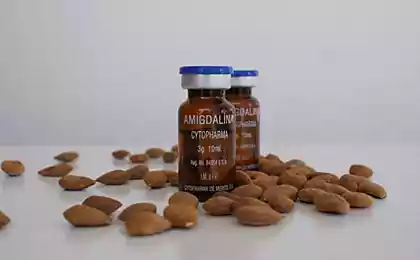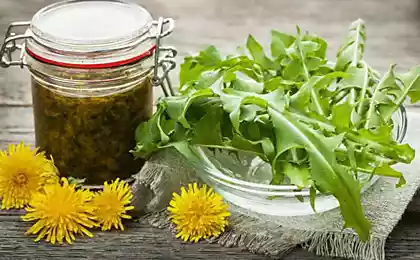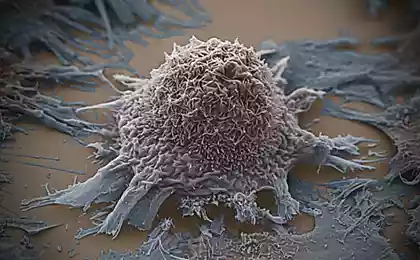622
Vitamin E in the fight against the spring beriberi. It's time to take care of yourself!
Vitamin E - a fat-soluble vitamin that protects our cells from free radicals. It is known that they can cause cancer and other diseases. Many scientists believe that the use of vitamin E may help prevent tens of chronic diseases. Also this vitamin slows the aging process. In addition, it reduces wrinkles, protects against UV rays, reduces scars and stretch marks when applied topically, and has many other beneficial effects on our body.
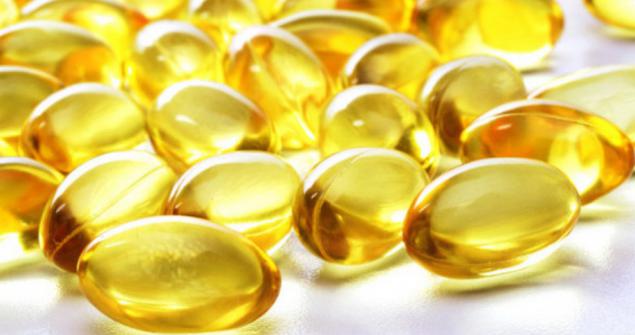
Symptoms of vitamin E deficiency:
muscle weakness, numbness and tingling in the limbs, poor coordination of movements; fatigue, nervousness and irritability; the appearance of age spots on the hands; the skin becomes less elastic and dry; the problem starts with the gall bladder, liver and pancreas. The daily dose of vitamin E:
Children 0-4 months: 4 mg; Children aged 7-12 months: 5 mg; Children aged 1-3 years: 6 mg; Children aged 4-8 years: 7 mg; Children aged 9-13 years: 11 mg; Adults aged 14 years and older: 15 mg; Pregnant women: 15 mg; Breastfeeding women: 19 mg; and vitamin E:
1 tbsp. l. wheat germ oil - 20, 3 mg; 1/4 Art. sunflower seeds - 18, 1 mg; 1/4 Art. Almond - 8, 97 mg; 2 tbsp. l. peanut butter - 4, 2 mg; 100 g spinach - 1, 72 mg; 1 medium kiwi - 0, 85 mg; 100 g broccoli - 0, 75 mg; Here are a few ways to supplement your diet with vitamin E:
1. Eat More healthy fats. Sesame, linseed and olive oils, as well as almost all the nuts are rich in vitamin E.
2. Store the product correctly. Vitamin E is very sensitive to oxygen and light. It is better to keep foods containing vitamin E, in containers that are tightly closed.
3. Eat unprocessed foods. Processed foods contain 50-90 percent less vitamin E than by heat treatment.
4. Eat enough foods with vitamin C and zinc. They help the vitamin E is best absorbed.
Vitamin E and other vitamins, it is important to take in the spring, since at this time people often suffer from vitamin deficiency.
Share the useful information about vitamin E with your friends!
via takprosto cc

Symptoms of vitamin E deficiency:
muscle weakness, numbness and tingling in the limbs, poor coordination of movements; fatigue, nervousness and irritability; the appearance of age spots on the hands; the skin becomes less elastic and dry; the problem starts with the gall bladder, liver and pancreas. The daily dose of vitamin E:
Children 0-4 months: 4 mg; Children aged 7-12 months: 5 mg; Children aged 1-3 years: 6 mg; Children aged 4-8 years: 7 mg; Children aged 9-13 years: 11 mg; Adults aged 14 years and older: 15 mg; Pregnant women: 15 mg; Breastfeeding women: 19 mg; and vitamin E:
1 tbsp. l. wheat germ oil - 20, 3 mg; 1/4 Art. sunflower seeds - 18, 1 mg; 1/4 Art. Almond - 8, 97 mg; 2 tbsp. l. peanut butter - 4, 2 mg; 100 g spinach - 1, 72 mg; 1 medium kiwi - 0, 85 mg; 100 g broccoli - 0, 75 mg; Here are a few ways to supplement your diet with vitamin E:
1. Eat More healthy fats. Sesame, linseed and olive oils, as well as almost all the nuts are rich in vitamin E.
2. Store the product correctly. Vitamin E is very sensitive to oxygen and light. It is better to keep foods containing vitamin E, in containers that are tightly closed.
3. Eat unprocessed foods. Processed foods contain 50-90 percent less vitamin E than by heat treatment.
4. Eat enough foods with vitamin C and zinc. They help the vitamin E is best absorbed.
Vitamin E and other vitamins, it is important to take in the spring, since at this time people often suffer from vitamin deficiency.
Share the useful information about vitamin E with your friends!
via takprosto cc
Are added daily to the diet of this drink, and you will forget what is high cholesterol!
Vitamin bomb! 9 useful properties of exotic miracle Pitahaya.

